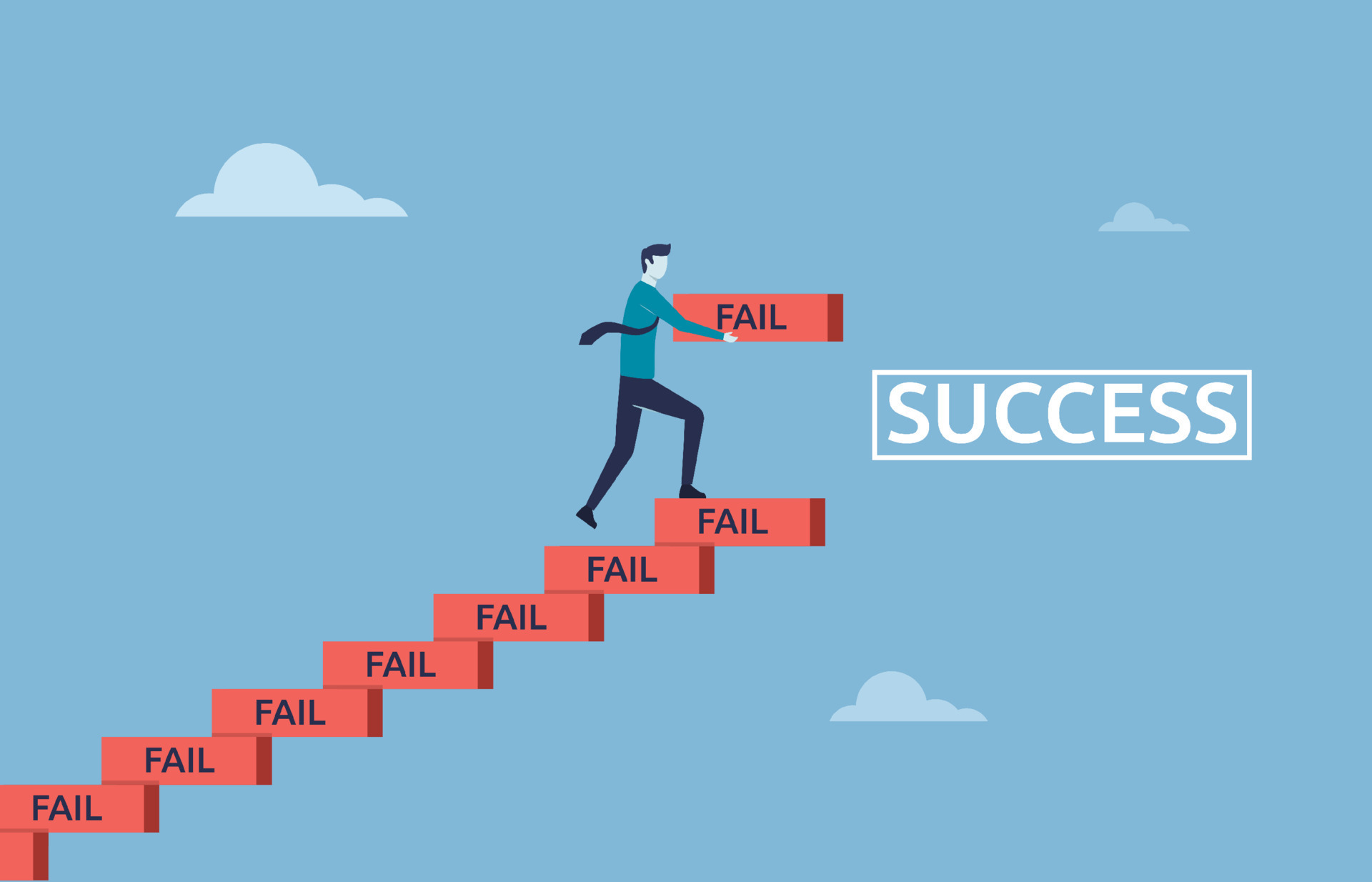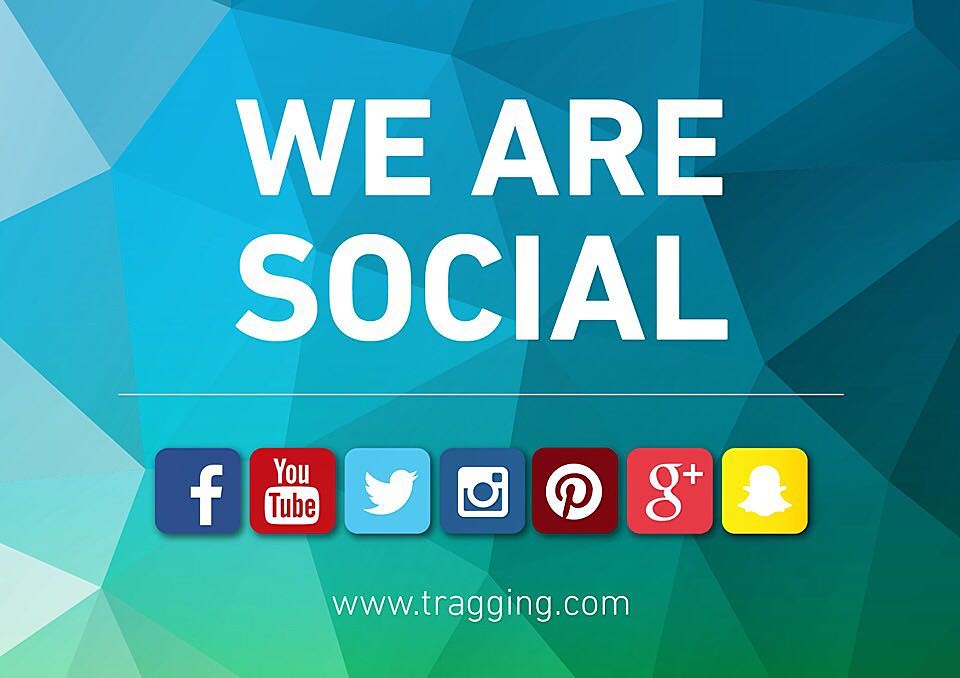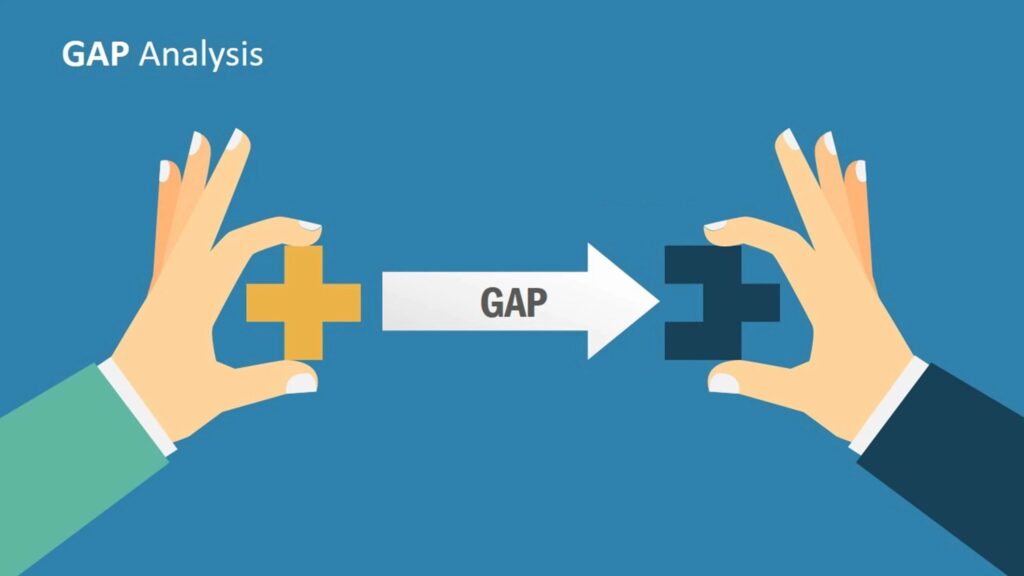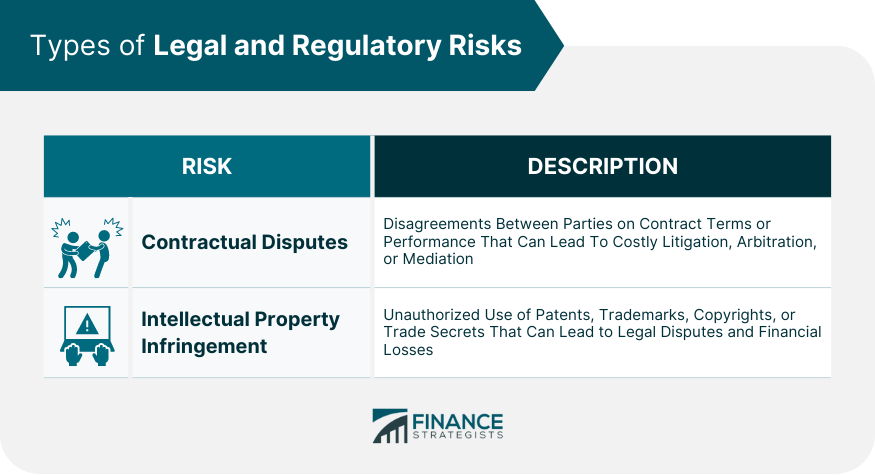
The global landscape of health and wellness is perpetually evolving, and with the persistent rise of overweight and obesity rates—affecting approximately 39% of the adult population in 2016, with 13% being obese—the search for effective weight management solutions has never been more urgent. These statistics paint a stark picture, highlighting the immense burden of comorbidities like type 2 diabetes, cardiovascular disease, and certain cancers, all stemming from increased body weight. In response, technology, particularly mobile health (mHealth), has emerged as a seemingly promising frontier, offering digital accessibility to health information and a new platform for lifestyle modification.
Mobile applications for weight management are now ubiquitous, providing a diverse array of tools from calorie tracking to exercise regimens and even meditative guidance. Clinicians are increasingly fielding questions about their utility, and many individuals have already integrated these apps into their personal health journeys. Yet, despite this rapid proliferation and the initial enthusiasm, a crucial question lingers: are these mobile solutions truly delivering substantial, long-term weight loss, or are they, as some users lament, merely “another gimmick”? The effectiveness of these interventions remains widely debated, leaving both patients and healthcare practitioners in a state of uncertainty.
Our objective here is to cut through the hype and provide a thorough, evidence-based evaluation of what prevents many weight loss apps from genuinely delivering on their promises. Drawing primarily from randomized controlled trials (RCTs) and qualitative assessments, we will scrutinize the key limitations and challenges associated with mobile applications for weight management. This analysis aims to shed light on why, despite their potential, many apps are struggling to provide sustained results, helping users understand the practical shortcomings and managing expectations in this rapidly expanding digital health landscape.
1. **Declining Adherence and User Fatigue**
One of the most significant hurdles faced by weight management apps is the struggle to maintain consistent user adherence over time. The initial excitement often wanes, leading to a noticeable decline in engagement. Users, while initially perceiving benefits to their eating habits and weight management, frequently find the sustained effort required by these applications to be a deterrent.
Studies have highlighted that the use of these applications demands considerable effort and organization. For instance, participants in a study on commercially available weight management apps displayed heterogeneity in their data entry habits: some logged meals after eating, others pre-planned, and some recorded end-of-day logs at home. While some found the mobile app entry process faster than paper records or websites, a substantial number found it time-consuming, leading to eventual discontinuation.
This pattern of declining use is not merely anecdotal. A pilot study assessing the acceptability and feasibility of a mobile application called “My Meal Mate” observed a clear drop in retention over six months. Attrition rates were unequal between the mobile application and a control web-based diary, with participants often citing a dislike for the intervention type as a reason for not continuing. Furthermore, adherence to application use was shown to decline over time, with users recording fewer items and a lower diet quality on weekends as the study progressed. This suggests a form of “fatigue” with the intervention demands, or perhaps a positive outcome where users, by eating fewer foods, had fewer items to record.
This highlights a critical point: while self-motivation is deemed important for effective application use, the inherent demands of continuous self-monitoring can paradoxically become exhausting rather than strengthening motivation. The effort required often clashes with users’ daily routines, transforming a tool meant to simplify into a burden that is ultimately abandoned.
Read more about: Mediterranean Diet vs. Keto: Unpacking the Science for Your Ultimate Long-Term Weight Loss Strategy

2. **Inaccurate and Unreliable Information**
The utility of a weight loss app is only as good as the information it provides, yet many mobile health applications fall short in this crucial area. Concerns have been raised regarding the accuracy and privacy of data within these applications, often stemming from a fundamental flaw in their development process. The context reveals that many apps are developed with “little to no input from experts on diet or physical activity.”
This critical oversight can lead directly to the dissemination of “inaccurate and unreliable information.” Without expert guidance, the advice offered on dietary intake, the importance of food groups, physical exercise, or even energy expenditure can be misleading or outright incorrect. Such inaccuracies undermine user trust and can potentially lead to ineffective or even harmful practices, rather than genuinely beneficial lifestyle modifications.
Beyond accuracy, there are serious ethical and legal implications that frequently go unaddressed. Many mHealth applications bypass the physical examinations that would typically be conducted by medical professionals, raising questions about the legal liability and appropriateness of the advice provided. This is particularly concerning when considering the personalized nature of weight management, where individual health conditions and needs should be assessed by qualified practitioners.
Furthermore, while governing authorities have established regulations for mHealth applications, the context indicates a significant issue with “not enough enforcement.” This lack of rigorous oversight means that apps providing unreliable information or making unsubstantiated claims can continue to operate, further contributing to user disillusionment and reinforcing the perception of them as mere gimmicks rather than credible health tools. Without expert validation and stricter enforcement, the information provided by these apps remains a precarious foundation for lasting health change.
Read more about: The 13 Riskiest Car Customizations That Can Instantly Void Your Warranty: What Every Enthusiast Needs to Know

3. **Insufficient Behavioral Change Strategies**
The promise of weight loss apps often lies in their potential to foster sustainable behavioral change, but a comprehensive analysis reveals a significant gap between ambition and execution. A study evaluating the features of weight management applications identified twenty crucial elements for successful behavioral change, including goal setting, calorie balance, physical activity goals, portion control, stress reduction, and relapse prevention. Disappointingly, on average, only “18.8% of these 20 strategies were reflected among 30 applications for weight loss.”
This stark figure indicates that most apps are significantly underdeveloped in their ability to instigate and support profound behavioral shifts. While some notable exceptions like MyNetDiary and MyNetDiary Pro (at 65%) and All-in Fitness and Noom Weight Loss (both 25%) show a higher percentage of integrated strategies, the vast majority fall short. This means that users are often left with tools that only scratch the surface of what is required to truly modify entrenched habits and foster new, healthier ones.
Focus group discussions further illuminate this deficiency. Individuals attempting to self-manage their weight with apps reported persistent problems with staying motivated. These difficulties stemmed from a “lack of time or energy, slow results or getting bored, and not being able to resist cravings.” These are precisely the areas where robust behavioral change strategies, focused on problem-solving, stress reduction, and relapse prevention, are critically needed but often absent from app designs.
Therefore, without a holistic integration of evidence-based psychological and behavioral techniques, weight loss apps risk becoming superficial tools that provide data logging without truly equipping users with the skills and support needed for long-term success. The mere provision of information, however accurate, is often insufficient to overcome the complex psychological barriers to sustained weight management.
Read more about: Navigating the Waters: 14 Key Financial Pitfalls for Investors to Heed, Including in Cryptocurrency

4. **Failure to Sustain User Motivation**
Maintaining motivation is arguably the single most challenging aspect of any weight loss journey, and regrettably, many mobile applications demonstrably fail to provide the sustained encouragement users desperately need. While self-monitoring is often a useful starting point for lifestyle change, the context reveals that users reported it could become “sapping rather than strengthening motivation when sustained.” This critical shift transforms a helpful tool into a demotivating chore over time.
Beyond the fatigue of consistent data input, users grapple with a host of other motivational detractors. The often slow pace of weight loss, for example, can lead to frustration and boredom. When results aren’t immediately apparent or progress plateaus, users find it incredibly difficult to remain engaged. Moreover, the constant battle against cravings, coupled with a lack of perceived immediate rewards, frequently undermines resolve, leading to a quick return to old habits.
Another subtle yet powerful factor impacting motivation is the fear of negative attention. Some users explicitly mentioned that they “feared negative attention and therefore did not report their diet or activity on the application.” This indicates a social or psychological barrier that apps often fail to address, inadvertently creating a disincentive for transparent self-monitoring, which is a cornerstone of many weight management programs.
The core issue, as authors concluded from a focus group, is a fundamental “mismatch between the help provided by weight loss campaigns (information, self-monitoring) and the help needed by individuals (autonomous and motivational e-support).” Simply delivering health information at regular intervals, without robust, personalized motivational support, has been shown to be ineffective. The weight lost through such interventions is often regained over a few years, underscoring the apps’ inability to cultivate enduring intrinsic motivation.
Read more about: Are You Making These Costly Retirement Blunders? 11 Common Mistakes That Annoy Advisors and Spouses Alike

5. **Questionable Usability and Social Validity**
The ultimate success of a weight management application hinges significantly on its usability and how users perceive and respond to it, a concept encapsulated by its “social validity.” Even with theoretically sound features, if an app is not intuitive, engaging, and genuinely satisfying to use, its effectiveness will be severely compromised. Levels of satisfaction and engagement are identified as key measurement parameters, directly correlating to higher adherence and, consequently, better weight loss outcomes.
Poor usability manifests in various ways, from cumbersome data entry processes to confusing interfaces, all of which contribute to user frustration and eventual abandonment. If an app feels like a chore or fails to provide an enjoyable experience, users are less likely to integrate it consistently into their daily lives. The effectiveness of an application, therefore, is not solely about its functional features but is inextricably linked to the overall user experience.
This principle is underscored by a study that examined different app features in the weight-loss outcomes of overweight and obese adults. This research differentiated between a “supportive” application—which offered information, monitoring, rewards, prompts, reminders, and personal compliance reviews—and a “static” application that merely provided recipes and general weight loss information. While both were used alongside personal support, the “supportive” application exhibited lower attrition rates, even if no significant difference in weight loss between the groups was observed. This suggests that while enhanced features don’t always guarantee superior weight loss, they are critical for keeping users engaged and preventing dropout.
Ultimately, an app that is difficult to navigate, lacks clear feedback mechanisms, or fails to resonate with user expectations will inevitably struggle to retain its audience. The perceived value and ease of use are paramount; without high social validity, even the most well-intentioned weight loss app risks being perceived as nothing more than a fleeting distraction.

6. **Absence of Effective Social Engagement Features**
Weight loss can often feel like a solitary battle, marked by personal struggles and private triumphs. Recognizing this, some of the more successful weight management applications have integrated social engagement features, transforming what could be an isolating experience into a supportive community journey. The absence of such features in many apps represents a significant shortcoming that can undermine user motivation and adherence.
The context highlights platforms like BodySpace as examples of applications that successfully incorporate a social media-like environment. Beyond standard features such as goal setting and tracking diet and activity, these apps create a space where users can “follow” others who are facing similar challenges. This crucial element helps to mitigate the “feelings of isolation that people often experience at the beginning of a weight-loss journey,” providing a sense of camaraderie and shared purpose that is otherwise difficult to achieve in a digital-only intervention.
Furthermore, these social platforms introduce an “inspirational” feature, allowing users to connect with and be motivated by others who are further along in their journey or demonstrating exceptional progress. The ability to share personal achievements, insights, and other relevant content within a dedicated community fosters a powerful sense of accountability and mutual encouragement. This peer support can be a much stronger motivator than automated prompts, tapping into the human need for connection and validation.
Without these robust social components, many weight loss apps remain essentially solitary tools, placing the entire burden of motivation and perseverance on the individual user. When apps fail to leverage the power of social connection, they miss a vital opportunity to create a dynamic, supportive ecosystem that can significantly enhance engagement and, by extension, the potential for sustained behavioral change and weight loss. This oversight can leave users feeling unsupported and more prone to abandoning the app when faced with setbacks.”
, “_words_section1”: “1948
Navigating the complex world of weight loss applications requires more than just understanding individual user struggles; it demands a deeper look into the systemic and methodological limitations that plague their development and evaluation. Beyond the immediate user experience, a critical examination reveals how research design, clinical integration, and ethical oversight collectively hinder the promise of sustained weight management. These underlying challenges often go unnoticed by the everyday user but are fundamental to why so many apps fall short of their lofty promises, leaving a trail of disillusioned users.
Our analysis now shifts to these broader, often more subtle, yet profoundly impactful, deficiencies. We’ll uncover how the very frameworks used to study these apps, the way they integrate—or fail to integrate—into clinical practice, and the broader regulatory environment contribute to their ultimate struggle for delivering consistent, long-term results. Understanding these systemic issues is paramount for both users hoping to make informed choices and developers striving to create genuinely effective tools.
Read more about: Unlock Your Best Retirement: 14 Ways Social Clubs and Activities Boost Senior Well-being, Mind, Body, and Spirit
7. **Inadequate Generalizability and Research Design Flaws**
A significant concern within the mHealth landscape is the pervasive inadequacy of research designs underpinning many weight management applications. The studies conducted often suffer from fundamental flaws that limit the generalizability of their findings, making it difficult to ascertain how effective these apps truly are for the broader population. Many investigations are based on “samples that are too small and not representative of the general population,” which inevitably skews results and prevents confident extrapolation to diverse user groups.
This critical weakness means that conclusions drawn from these limited studies may not hold true for individuals outside the specific, often homogenous, participant pools. A key question then arises: can the observed effectiveness, or lack thereof, be genuinely translated from a controlled research environment to the complex, unpredictable realities of daily life? The context explicitly questions “whether the use of applications by participants in a research environment or context is translatable to a real-life setting.” This gap between laboratory conditions and practical application is a profound methodological limitation.
Furthermore, the very act of participating in a research study can alter user behavior, a phenomenon known as the Hawthorne effect. Users in a controlled setting might exhibit higher adherence or perceive greater benefits simply because they are being observed or are part of an organized trial, rather than due to the intrinsic efficacy of the app itself. When these apps are then released into the commercial sphere, without the structured support or oversight of a research team, their performance often falls dramatically short of expectations, contributing to the narrative of them being “gimmicks.”

8. **Heterogeneity of Interventions and Control Groups**
Evaluating the effectiveness of weight loss apps is further complicated by the considerable “high heterogeneity in the interventions used for control groups” across various randomized controlled trials (RCTs). This variability makes it exceptionally challenging to draw clear comparisons between studies or to synthesize findings into a coherent understanding of what truly works. Some studies compare apps against modified versions of other applications, while others pit them against “predetermined standard programs” or even measure their utility as an adjunct to existing interventions.
This lack of standardization in research design creates a mosaic of incomparable data points, rather than a clear pathway to evidence-based recommendations. When control groups range from paper diaries and standard care to web-based diaries or different forms of counseling, the unique impact of the mobile application itself becomes difficult to isolate and quantify. It becomes a monumental task to identify which app features or intervention components are genuinely effective when the baseline for comparison is constantly shifting.
Consequently, while some studies might report promising results for a particular app, it is often challenging to determine if these outcomes are due to the app’s inherent design, the specific context of the intervention, or simply the intensity of the overall program. This methodological challenge prevents the accumulation of robust, cumulative evidence that could guide both app developers in refining their products and healthcare providers in offering informed advice. Without more consistent experimental designs, the field risks remaining fragmented and uncertain.

9. **Insufficient Evidence for Stand-Alone Efficacy**
Despite the widespread marketing and public perception, the scientific consensus strongly suggests that mobile weight management applications are generally not effective as “stand-alone intensive approaches” for sustained weight loss. While they may offer some utility, the evidence primarily points to their role as “low-intensity approaches or adjuncts to conventional weight management strategies.” This distinction is critical for users to understand, as relying solely on an app for a significant health transformation often leads to disappointment and failure.
The context highlights specific instances where apps, when combined with more intensive interventions, showed better outcomes. For example, one pilot RCT found that self-monitoring technologies, when “combined with brief phone-based interventions,” resulted in greater adherence and weight loss compared to standard self-monitoring tools alone. This suggests that the app’s utility is amplified when integrated into a broader, more human-centric support system, rather than operating in isolation.
The implication is clear: expecting an app to unilaterally solve complex weight management issues without other forms of support, such as personalized coaching, dietary counseling, or face-to-face interventions, is largely unrealistic. Apps can be valuable tools for data logging, reminders, or providing general information, but they frequently lack the depth, personalization, and sustained motivational power required to replace comprehensive, multi-faceted weight management programs. This inherent limitation is a systemic challenge that many commercially available apps fail to openly acknowledge.

10. **Lack of Long-Term Efficacy and Maintenance Focus**
One of the most disheartening aspects of the current generation of weight loss apps is their demonstrable struggle with long-term efficacy and the critical issue of weight maintenance. While some studies show modest short-term weight reductions, the truly enduring challenge in weight management is not merely losing weight but keeping it off. The context reveals a sobering truth: “the weight that was lost with the intervention was often gained back over the course of a few years.” This highlights a fundamental design flaw in many apps that prioritize initial loss over sustained behavioral change.
Many randomized controlled trials, as summarized in Table 1, often have study durations ranging from 4 months to 24 months. While some show initial positive anthropometric changes, the long-term sustainability is frequently not addressed or, when it is, the results are less encouraging. The short-term focus inherent in many app designs and research protocols fails to account for the lifelong nature of weight management, where ongoing psychological support, adaptive strategies, and resilience-building are paramount.
This systemic failure to embed long-term maintenance strategies differentiates apps from truly effective, comprehensive weight management programs. Without features specifically designed to tackle plateaus, prevent relapse, or evolve with the user’s changing needs over many years, apps often become temporary aids, abandoned once initial goals are met or motivation wanes, only for the lost weight to return. For users seeking lasting change, this constitutes a significant and often unspoken drawback.
Read more about: The 2025 Ford Escape: A Comprehensive Consumer Report on Value and Efficiency

11. **Unclear Clinical Integration and Practitioner Knowledge Gap**
The rapid proliferation of mHealth applications has created a significant challenge for healthcare practitioners: how to integrate these digital tools into clinical practice effectively and responsibly. Clinicians are “more frequently asked to give advice about the usefulness of mobile apps,” yet a pervasive “lack of clarity regarding the potential for these technologies to transform the treatment of obesity” persists. This places an undue burden on practitioners who often “do not have the time to evaluate the merits and shortcomings of mHealth applications.”
This knowledge gap among healthcare providers means that patients seeking credible recommendations often encounter uncertainty, further muddying the waters in an already confusing digital health landscape. Without clear, evidence-based guidelines on which apps are genuinely effective, safe, and suitable for different patient populations, the promise of mHealth as a clinical adjunct remains largely unfulfilled. This systemic disconnect between app development and clinical integration hinders the legitimate adoption of these tools into mainstream healthcare.
Moreover, the “current era of precision medicine and targeted therapy” demands that considerations be made when developing and using applications “to increase efficiency and reduce risk of unpleasant or non-significant outcomes.” Yet, without robust evaluation by the medical community and clear pathways for integration, mHealth apps remain largely outside the purview of personalized clinical guidance. This means patients may resort to self-selecting apps without professional input, potentially undermining their health goals or even leading to adverse outcomes, perpetuating the ‘gimmick’ perception.

12. **Ethical and Regulatory Enforcement Deficiencies**
Beyond issues of accuracy, the ethical and regulatory landscape surrounding weight loss apps presents profound systemic weaknesses that undermine user trust and accountability. The context explicitly notes that many mHealth applications “bypass the physical examinations conducted by the doctors, making the legal implications of such a means highly questionable.” This fundamental sidestepping of established medical protocols raises serious questions about the appropriateness and safety of personalized health advice dispensed without professional oversight.
Furthermore, while governing authorities have indeed established “regulations from governing authorities in place for mHealth applications,” a critical problem lies in the execution: “there does not seem to be enough enforcement.” This lack of rigorous oversight creates a vacuum where apps can make unsubstantiated claims, disseminate potentially misleading information, or operate with insufficient data privacy and security measures, without facing adequate consequences. The absence of effective policing allows questionable practices to persist, eroding the credibility of the entire mHealth sector.
This lax enforcement, coupled with the inherent complexities of digital health, means that users are often left vulnerable to apps that prioritize commercial gain over genuine health outcomes. Without stricter ethical guidelines and more robust regulatory mechanisms, the “gimmick” label will continue to cling to many weight loss applications, preventing them from achieving their full potential as trustworthy, effective tools for public health. A more accountable framework is urgently needed to protect users and elevate the standards of digital weight management.
Read more about: Behind the Velvet Curtain: How Secretive Crisis PR Firms Navigate Hollywood’s Most Explosive Scandals and Shape Celebrity Destiny
While the allure of mobile weight loss apps is undeniable, a closer look reveals a landscape riddled with challenges that extend far beyond simple user preferences. From fundamental flaws in research methodology that hinder generalizability and comparability, to an alarming lack of evidence for stand-alone efficacy and a failure to address long-term maintenance, the systemic struggles are clear. The disconnect between app development and clinical practice, coupled with glaring deficiencies in ethical oversight and regulatory enforcement, further compounds the problem. For these digital tools to truly move beyond the ‘gimmick’ perception and fulfill their promise, a concerted effort is needed to address these deeper issues, fostering a future where mHealth genuinely supports sustained, evidence-based weight management.





